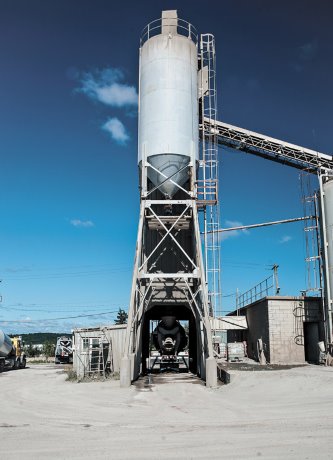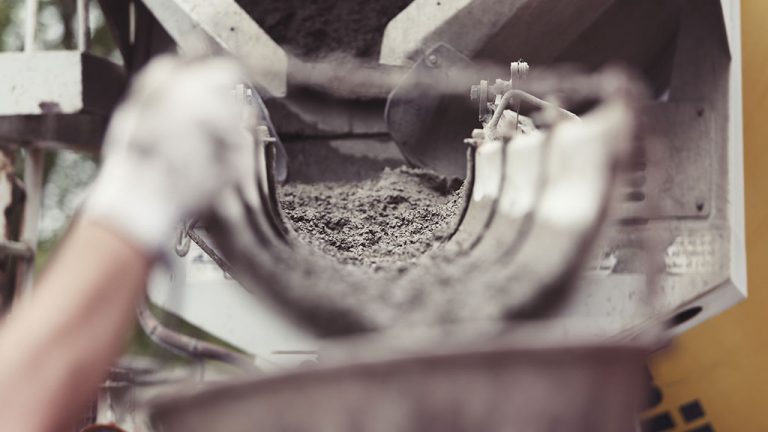A Dartmouth, N.S.-based company has made major inroads into the U.S. market with the signing of two U.S. Ready Mix companies to access its CO2 injection technology.
In January, CarbonCure Technologies announced a deal with Cementos Argos in Georgia to license their CO2 injection technology at their Ready Mix plant. That came hot on the heels of a November deal with Vulcan Materials in Springfield, Va. to license the technology there. Argos has already delivered its first load of CO2-enhanced Ready Mix, the first U.S. supplier to do so.
Both Argos and Vulcan are fast rising regional cement sector players in the U.S. Canada’s cement industry has about $5 billion in sales while the U.S. market is US$25 billion.
Nonetheless for a technology that has only been in market since about 2012 when it was rolled out for cement blocks and the first deals in the Ready Mix sector, CarbonCure has excelled.
CarbonCure started up in 2007 with an idea to sequester CO2 into cement mixes to both remove the greenhouse gas from the atmosphere safely and to improve the quality of concrete.
Last September the company signed up Brampton Brick which has licensed the technology for all its Ontario block production. Brampton Brick was piloting the system and decided to install it across the board and avoid a two-tier inventory.
One of CarbonCure’s first block customers was Permacon which then manufactured more than 116,000 blocks to build York University’s Lassonde School of Engineering, sequestering more than one ton of CO2.
Though CarbonCure is still relatively small, with fewer than 30 employees, it is establishing a foothold in the U.S. and plans to open an office there this year to better serve their growing roster of clients, said Christie Gamble, CarbonCure’s director of sales and marketing.
It continues to manufacture the injection technology machinery at its Dartmouth facilities.
Other deals are in the pipeline, she said, as the company continues to grow, having branched into Ready Mix from blocks. Precast is on the horizon but there will be no move in that direction until they solidify their position in Ready Mix.
"Argos was a big step for us, it’s a big player in that region," she said. "Vulcan too is big around Washington."
The technology takes captured CO2 from local industrial sources and uses a patented system to inject it into a cement mix during production at the plant.
The gas is delivered in tanker trucks that also serve the beverage industry so the CO2 is food grade and free of contaminants.
"There’s always going to be a supply of CO2," said Gamble.
CO2 and concrete are natural composites with concrete absorbing CO2 over its lifetime. Some researchers have suggested it may act as more of a CO2 sink than previously thought.
CarbonCure builds on that natural affinity by injecting captured CO2 that integrates with the molecular structure to increase the hardness during curing by bonding with calcium oxide to reform as calcium carbonate, the main mineral in limestone.
This in turn improves strength, reduces absorption, enhances resistance to chloride permeability and improves freeze-thaw performance, states a company white paper.
Company CEO and co-founder Robert Niven initially developed the idea while studying chemistry at McGill University and the first five years were spent developing the machinery and formulations. The business template is for the clients to lease the equipment through a licensing arrangement which pays a royalty according to the amount of products sold.
Gamble said while there’s a lot of talk around how the looming imposition of carbon taxes may affect their business it isn’t a selling point right now. However, being able to claim credits or reduce the purchase cost of CO2 would be a plus for clients and by extension CarbonCure.
Gamble said CarbonCure is working to build its profile in Canada and hopes its success in the U.S. will turn some heads and open doors in its own backyard. As many Canadian companies and personalities have discovered, they had to achieve success in America before being recognized at home.
"There’s certainly a little bit of that," she said. "It does seem to give you some extra clout."




Recent Comments
comments for this post are closed